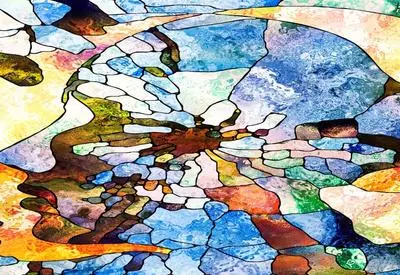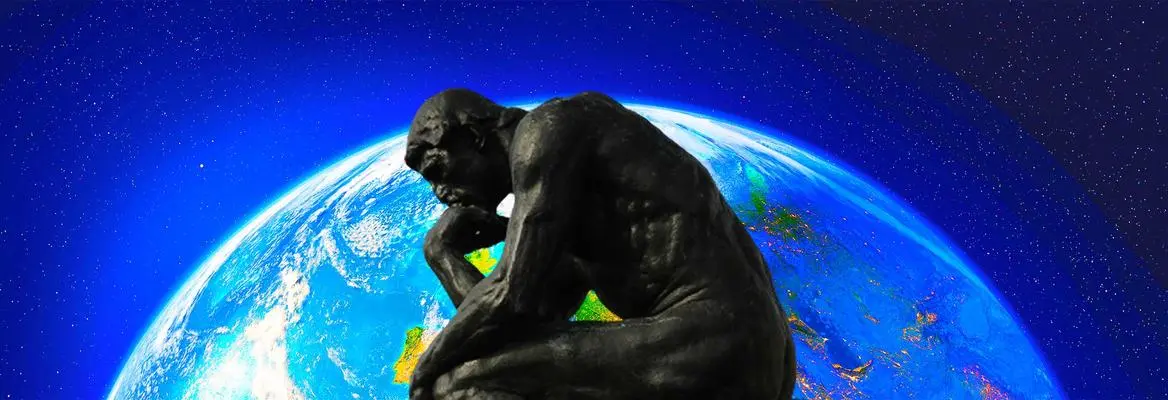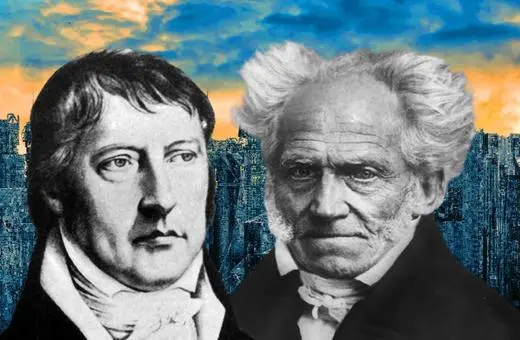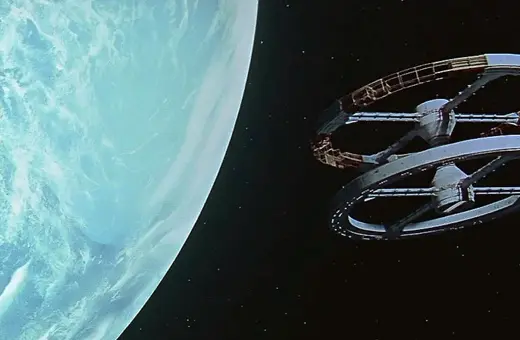For this year’s World Philosophy Day we asked some leading philosophers “What is the biggest philosophical question for the 21st century?”.
Noam Chomsky, Naomi Oreskes, Tommy Curry, Raymond Geuss, Lori Gruen, Hilary Lawson, Julian Savulescu, John Tasioulas, Raymond Tallis, Carissa Véliz, Bernardo Kastrup, Sophie Grace Chappell, and Joanna Kavenna give answers that touch on the urgent questions to do with the survival of humanity and the planet, as well as philosophy’s eternal questions on the nature of reality.
 SUGGESTED READING
10 questions ignored by philosophy
By IAI Editorial
SUGGESTED READING
10 questions ignored by philosophy
By IAI Editorial
Noam Chomsky
Can humans overcome the enormous gap between their moral-technological capacity to destroy and their moral capacity to control this impulse?
The question was posed, starkly, 77 years ago, when the atomic age began, and it was clear that technology would soon advance to the stage when Oppenheim’s invocation of the phrase “the destroyer of worlds” would be all too appropriate. Unknown then, the world was also entering a new geological epoch where humans could destroy the environment that sustains life. Both threats have sharply increased since, rendering the question to a level never before contemplated.
Noam Chomsky is a philosopher, linguist, political activist, and social critic. He is Institute Professor Emeritus at the Massachusetts Institute of Technology and laureate professor at the University of Arizona.
Naomi Oreskes
Will we successfully address the climate crisis or not?
The fate of billions of people on Earth, as well as nearly all non-human species, depends on the answer. Right now, the biggest obstacle to action is not lack of scientific knowledge. Nor is it lack of adequate and affordable technology. We have known for decades that damaging, man-made climate change was underway, and we now have the technologies we need to go the lion’s share of the way towards eliminating carbon pollution from most energy use.
The problem is political. It is the political power of the “carbon combustion complex”—the fossil fuel industry and the industries that rely on cheap fossil fuels. For decades, these organizations and their political allies have fomented disinformation about the climate crisis and worked to block meaningful action. And they haven’t stopped.
The problem is also economic: a system in which the price we pay for things doesn’t reflect the true costs. We don’t need more science to solve the climate crisis; we need the courage to stand up to the people and institutions who stand in the way of a solution, and the imagination to develop and implement new forms of economic accounting.
Naomi Oreskes is Henry Charles Lea Professor of the History of Science and Affiliated Professor of Earth and Planetary Sciences at Harvard University. Her books include Merchants of Doubt and Why Trust Science?
 SUGGESTED READING
Racism and the equality delusion
By Tommy J. Curry
SUGGESTED READING
Racism and the equality delusion
By Tommy J. Curry
Tommy Curry
How does dehumanization continue to grow upon democratic soils?
Throughout the world, philosophers bear witness to the use of lethal violence, demonization, and the elimination of civil rights against vulnerable racial and ethnic minority groups within Western countries once thought to be exemplars of democracy and individual freedom. Far too often, philosophy conceptualizes the position of the unfreed as those trapped within a state of ignorance rather than those whose lives are unable to make impressions upon the moral consciousness of Western citizens or societies.





















Join the conversation